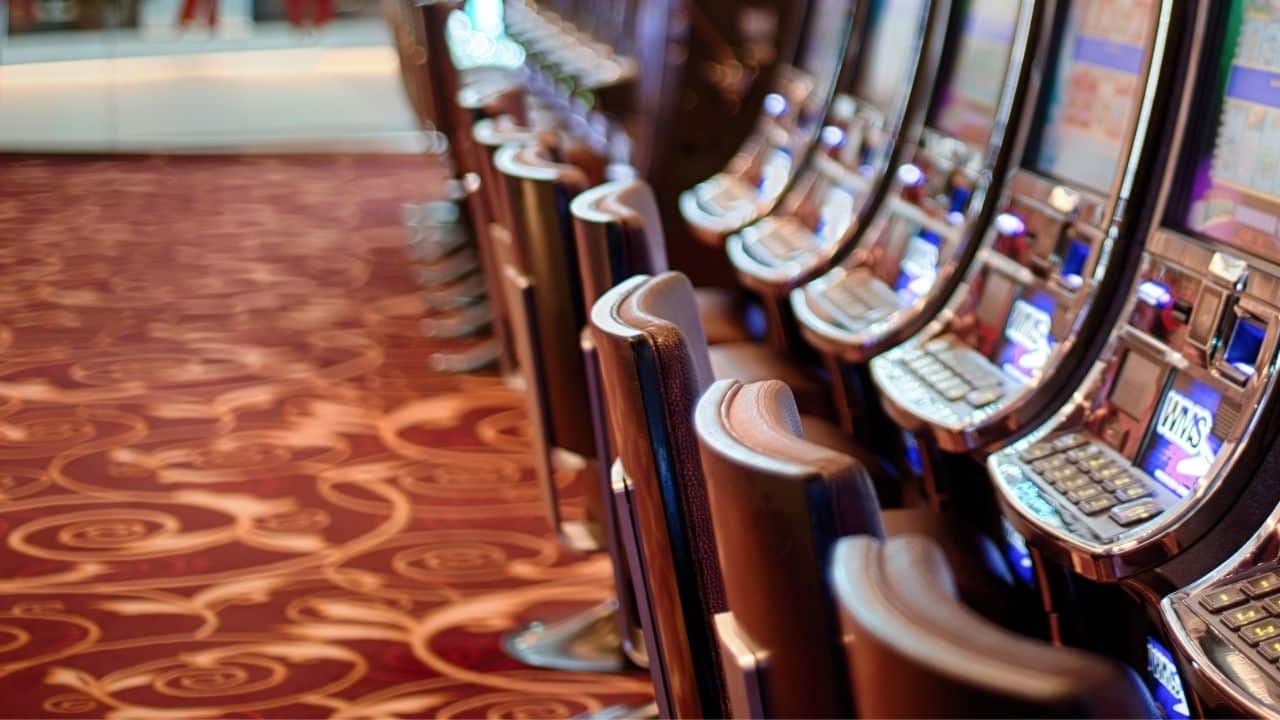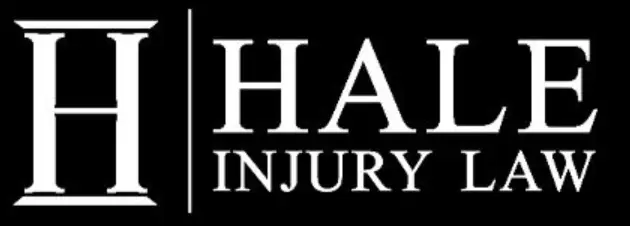
Las Vegas and Reno are world-renowned for their casinos, buffets, and unique shows and nightlife. Unfortunately, the combination of high spirits, alcohol, 24/7 activity, and casinos bustling with tourists can sometimes lead to injuries—slips and falls, food poisoning, shuttle bus accidents, and even assaults.
If you or a loved one has been injured in a casino, you may be wondering about your next steps. It’s important to speak to a Nevada casino injury attorney as soon as possible to preserve your rights and avoid being pressured into settlement by the casino’s insurance company.
Below, we’ll discuss some of the most common casino injuries, how to prove liability, and what categories of damages you might be able to recover.
What Types of Casino Injuries are Most Common?
Most casino injuries fall into a few broad categories. These include:
- Slip and fall or trip and fall injuries
- Food poisoning or other food-borne illnesses
- Swimming pool drownings or near-drownings
- Injuries from broken bar stools
- Shuttle bus or parking lot accidents
- Assaults and sexual harassment
The statute of limitations for a personal injury claim against a casino is two years from the date of the injury. This means that if you don’t file a lawsuit within this period, you won’t be able to recover any damages from the defendant. Although the running of the statute of limitations doesn’t prevent you from settling with the casino out of court, the casino has little incentive to settle if it knows you can’t bring a lawsuit against it—so it’s important to seek legal advice as soon as possible.
Who Can You Sue After a Casino Injury?
The answer to this question seems obvious—the casino. But depending on the circumstances of your injury, there may be other people or entities that are potentially liable. Some of these may include:
- The casino management
- Casino employees—bartenders, maintenance workers, or restaurant managers
- The parent hotel where the casino is located
- The casino’s liability insurance carrier
- A third-party security company
- A manufacturer or retailer (if the injury resulted from a defective product, like a bar stool or elevator)
Having an experienced casino injury attorney will ensure that all possible avenues to relief are explored. If more than one defendant is found to be liable for your injuries, you may be able to recover damages from any or all of the parties responsible.
LEARN MORE: Wrongful Death: Why You Need a Wrongful Death Attorney
What Must You Prove to Recover Damages?
To recover damages in a casino injury lawsuit, you’ll need to establish four crucial elements.
- The casino owed you a duty of reasonable care;
- This duty was breached;
- This breach caused you injury; and
- You suffered financial, physical, or emotional damages as a result of this injury.
Failing to prove even one of these elements can cause your entire claim to fail.
For example:
- If the casino breached its duty of care but you didn’t suffer any actual damages, you won’t be able to recover any damages.
- If your injuries resulted from something other than the casino’s breach (such as your own negligence), judgment will usually be entered in the casino’s favor.
- If you can’t show that the casino breached its duty of care, your injuries won’t be covered.
The duty of care requires casinos to maintain the premises in a reasonably safe condition. The premises can encompass everything from the casino floor to the bars, restrooms, walkways, and parking lots. This means cleaning up spills quickly, cordoning off any unsafe areas, and monitoring for patron safety.
Reasonable Care
Casinos are required to guard against foreseeable injuries. And under Nevada’s public accommodation laws, the definition of foreseeable can be expansive—generally, anything that a reasonable person could foresee might cause damage. This extends to not overserving patrons, following all food safety regulations, and keeping furniture and casino fixtures maintained.
Foreseeability also places a duty of care on the casino if prior similar incidents have occurred and the casino didn’t take steps to prevent future problems. For example, if a patron is attacked in a parking garage, the casino may be held to have breached its duty if the plaintiff can show that similar incidents have happened before and the casino didn’t step up its security.
Employee Liability
Casino injuries can often be traced back to a single casino employee’s negligence. Under these circumstances, you may be able to hold the casino liable for its employees actions (or inaction). In other situations, including situations in which an employee actually assaults a patron, the casino could be liable for negligent hiring, retention, and supervision.
To hold a casino liable, you must be able to show two things:
- At the time you were injured, the employee was performing their regular job duties; and
- The employee was negligent.
For negligent hiring, retention, and supervision claims, you’ll need to show that:
- The casino didn’t do its due diligence (like conducting a background check) before hiring the employee;
- The casino failed to take any action after discovering that the employee could be dangerous; or
- The casino didn’t adequately supervise its employees.
What Compensation is Available?
The damages available in a casino injury lawsuit can vary from case to case. They fall into two categories: economic and non-economic damages.
Economic damages, as the name implies, are damages that can be determined by your overall financial loss. These include medical expenses, pharmaceutical expenses, physical therapy or rehab costs, lost wages, and loss of future earning potential. Determining economic damages is usually straightforward. In some cases, however—such as when you’re too disabled to work your current job but can still work a job—you may need an expert witness to calculate the difference between your potential future earnings and your likely actual earnings.
Non-economic damages are more difficult to quantify and often involve expert testimony. They generally consist of pain and suffering and punitive damages, the latter of which is available in cases involving egregious negligence or a long pattern of negligent behavior.
Nevada caps the award of non-economic damages at $350,000 for medical malpractice cases, but not for other types of personal injury cases—making the sky the limit in casino negligence actions.
Casino Wrongful Death Claims
In some situations, the casino’s negligence may result in an injury so severe it causes a patron’s death. In these situations, the patron’s surviving family members—a spouse, minor children, or even parents or siblings—can bring a wrongful death claim against the casino.
A wrongful death claim may be brought in any situation in which the patron, had he or she survived, could bring a personal injury claim against the casino. The damages available in a wrongful death claim are identical to those that can be recovered in a casino injury claim, but can also include funeral and burial expenses and any end-of-life medical costs.
What to Do After a Casino Injury
Suffering a casino injury can be a difficult thing to deal with, whether it’s your own injury or a loved one’s. Unfortunately, casinos are motivated to sidestep liability whenever possible, and this often means pressuring you into a settlement or getting you to disclaim any liability when you’re at your most vulnerable. And casinos are in a unique position to toss some incredible perks at someone who has grounds to sue—you might be offered a free hotel stay, tickets to a sold-out show, or even free casino chips.
Whatever you do, don’t sign, agree to, or accept anything from the casino before you consult with a Nevada casino injury attorney.
Some other steps you can take after a casino injury include:
- Documenting the area and your injuries. The more documentation you have—especially photos and videos—the stronger your claim will be. And though you might not be in any frame of mind to snap pictures or take videos right after you’ve been injured, getting evidence of the casino’s negligence before it’s had the chance to repair the dangerous condition can be exactly what you need.
- Talking to witnesses. In many situations, it might not be possible to get photos of the area where you were injured before the casino steps in. This is where eyewitnesses can be especially helpful. Getting the names and contact information of those who were there to witness your injury can boost your claim, especially if these people are willing to sign a statement or take a deposition. And because Nevada casinos tend to operate 24 hours a day, you’re far more likely to have a handful of witnesses who are willing to step forward than you might be if you were injured under other circumstances.
Casino accidents are, unfortunately, not uncommon in Nevada. From slips and falls to assaults, equipment failures, and auto accidents, you could find yourself having a much different Las Vegas or Reno experience than you expected. This is why you need an experienced Casino accident attorney. If you’ve been injured in a casino accident, don’t hesitate to reach out for help—give our firm a call today. We’ve helped hundreds of people fight for the compensation they deserve after a casino accident, and we can help you too.
